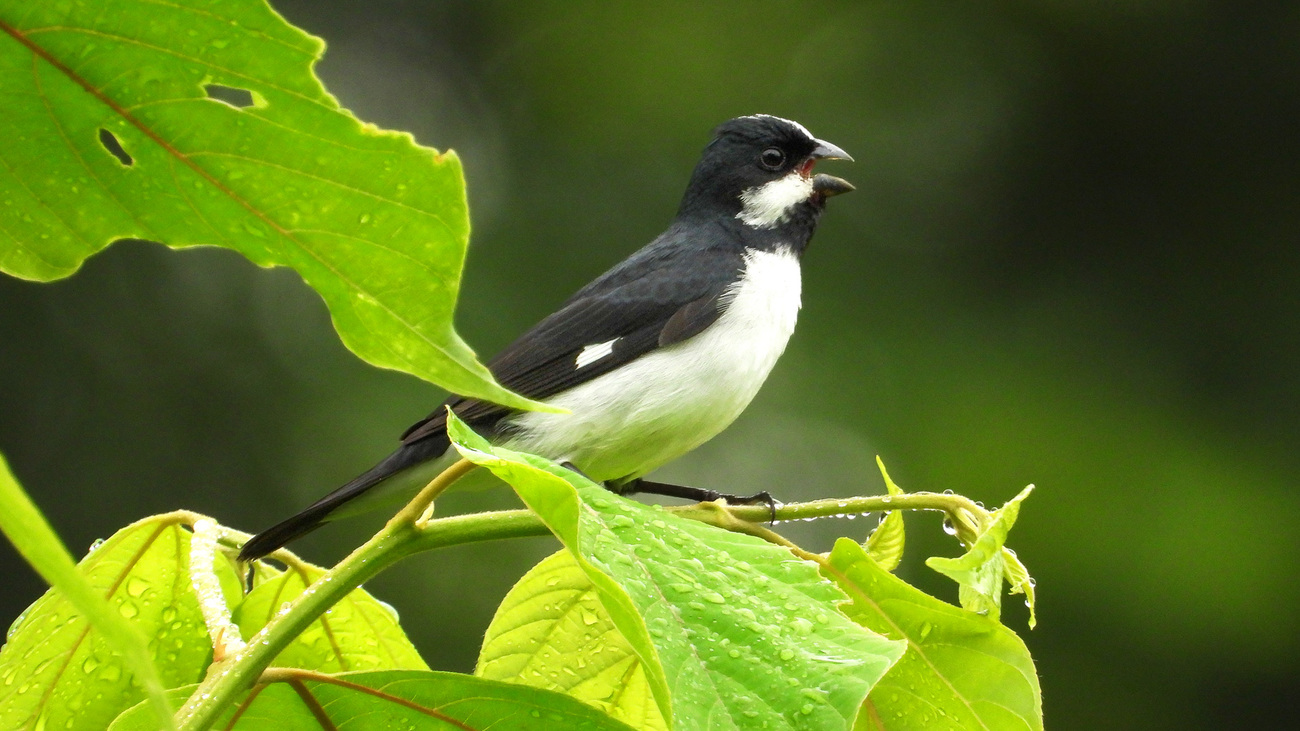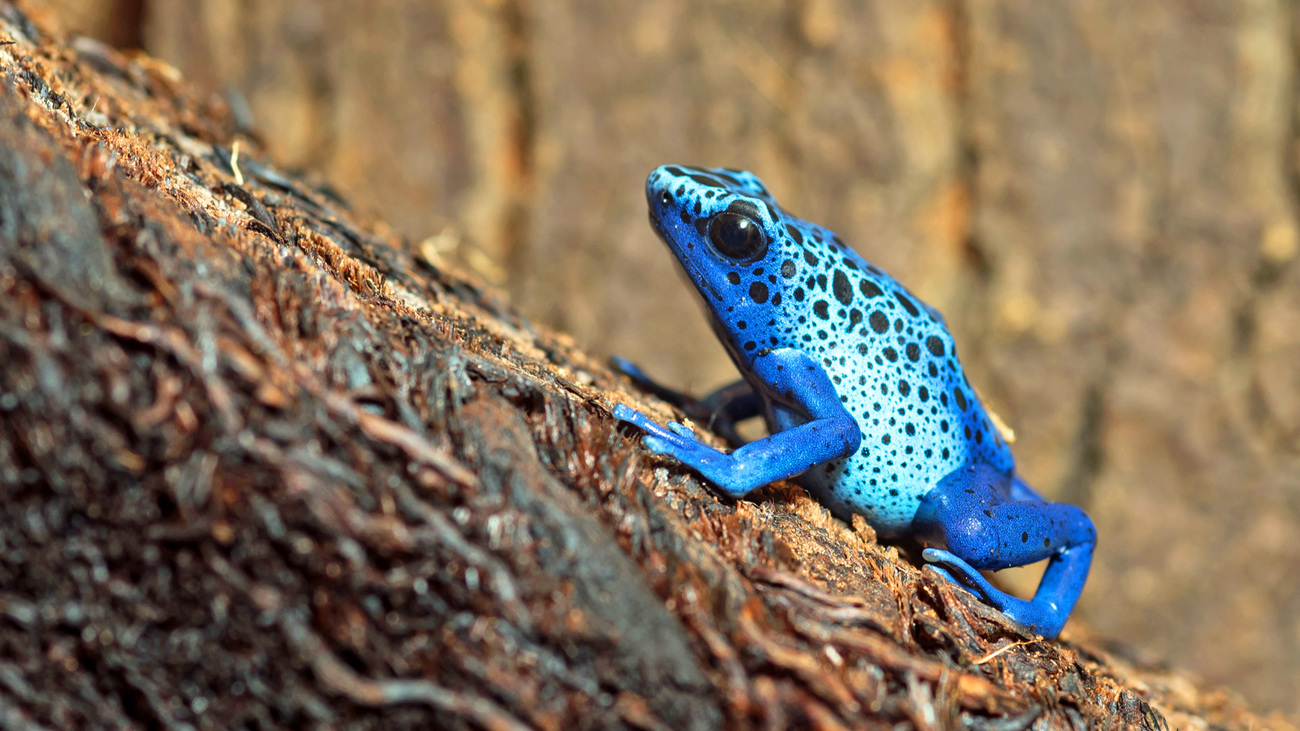Ilaria Di Silvestre
Fighting wildlife crime: two key steps the EU must take today
Fighting wildlife crime: two key steps the EU must take today
On 6 June 2025, the European Commission published a feasibility study on measures to address the trafficking on illegally sourced wildlife. This presents a crucial opportunity to close the loopholes that allow illegal wildlife trade to persist and to ensure that the EU takes stronger action to protect biodiversity worldwide.

Wildlife trafficking is one of the largest forms of international organised crimes, threatening the survival of species, public health, and global security. The EU plays a key role as a source, destination and transit hub, particularly in the trafficking of exotic pets.
This trend was also confirmed by Europol’s most recent threat assessment in serious and organised crime (EU-SOCTA). The report also highlights the growing online trade and the turn of criminals toward specimens that are not protected internationally by the CITES convention.
Although the implementation of the EU Action Plan against Wildlife Trafficking has enabled progress since its adoption in 2016, there are still gaps that undermine its effectiveness. The implementation of the new feasibility study was one of the planned Action Plan’s activities.
IFAW calls on the European Commission to implement two essential and complementary measures that have been identified by the feasibility study: closing loopholes with criminal law and creating a comprehensive European database of wildlife imports that provides species-specific information.
Closing loopholes with criminal law
The feasibility study identifies a major weakness of the current EU wildlife trade legislation: it authorises legal trade in species that were illegally acquired in their country of origin, except if they fall under the CITES convention (with a few exceptions).
This loophole allows rare species such as the Macedonian grayling butterfly and many reptiles, amphibians, and birds to be traded legally in the EU even though they are taken illicitly from their native countries. The EU must introduce legislation to criminalise this illegal trade conducted via legal markets, which is one of the possible solutions identified by the feasibility study. IFAW investigations showed that administrative fine—another possible solution identified by the study—are not dissuasive enough to deter criminals.

Creating a comprehensive European database of wildlife imports
The lack of comprehensive data on wildlife trade flows makes enforcement and risk assessment difficult. There is currently no EU-wide database recording imports of all wildlife at species level, making it difficult to identify illegal trade patterns.
IFAW urges the EU to establish a centralised database to collect information on the trade of individual species, including non-CITES species. This will increase transparency and enable better enforcement.
A call to action
The outcomes of this feasibility study offer clear recommendations to make European policy more effective in the fight against wildlife trafficking. IFAW calls on the European Commission to promptly take decisive actions to close existing loopholes, protect endangered species, and support enforcement efforts of source countries.
Related content
Our work can’t get done without you. Please give what you can to help animals thrive.